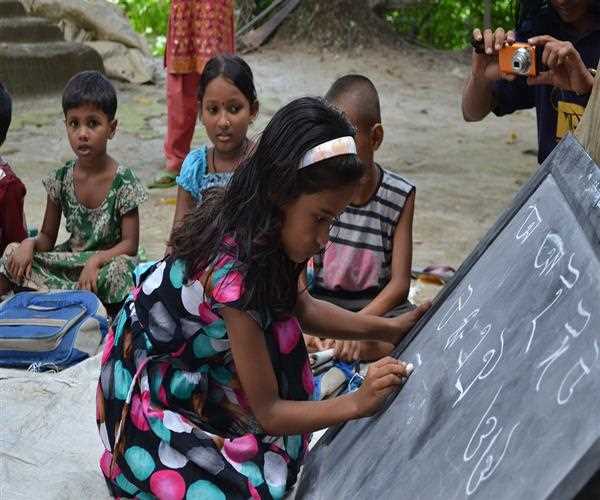Dalit (from Sanskrit:, romanized: dalita meaning 'broken/scattered') is a term used to describe people from India's lowest castes. Dalits were excluded from Hinduism's four-fold varna system and were thought to form a fifth varna known as Panchama. Dalits now practise Hinduism, Buddhism, Sikhism, Christianity, Islam, and other religions. According to the Indian Constitution, Dalits are classified as Scheduled Castes.
Hinduism is a religion that has been practiced by Hindus for thousands of years. It is not a monolithic system, but instead comprises many different beliefs and practices.
One of these practices is the caste system. Caste is a social hierarchy based on birth, with Dalits at the bottom of the pyramid, Brahmins in the middle and other castes above them. Dalits are also called 'untouchables,' for reasons we will discuss later in this article.
Hinduism's caste system has long been controversial among Dalits, who believe they deserve equal treatment under law and want to be counted as part of Hinduism rather than as outside it.
Dalits are not against Hinduism, but rather, against caste. Dalits have always been a part of the Hindu faith and have contributed to the growth of Hinduism.
In fact, it is because of them that many of the present-day practices and beliefs were created. They were instrumental in building temples and shrines for worshipers. They also worked closely with priests and other religious leaders in order to build up temples and shrines that were used by people from all walks of life.
Dalits continued this tradition even after they became part of Hinduism because they wanted to promote equality among people regardless of their caste. The caste system was meant to keep people divided into groups based on their work ethic and social standing; this made it difficult for them to interact with members outside their own caste or profession without feeling inferior due to their lower social standing.
The Dalit movement was started by Dr Ambedkar in order to abolish this discriminatory practice and make it possible for Dalits themselves to become members within their own castes as well as outside them without feeling inferior because they didn't belong within their own caste group.
In my perspective, Dalits are not against Brahminism or Hinduism. They have been oppressed and exploited by the upper caste people since time immemorial. The upper castes have exploited them in every way possible, from land to jobs. The upper castes have also been responsible for spreading false propaganda against Dalits, which has led to their high illiteracy rate among Dalits. Despite this, they are still loyal to their religion and culture and do not want to give up their identity as a Dalit. From this we can conclude that Dalits are not against Brahminism or Hinduism; rather, they are being oppressed by these two systems.
